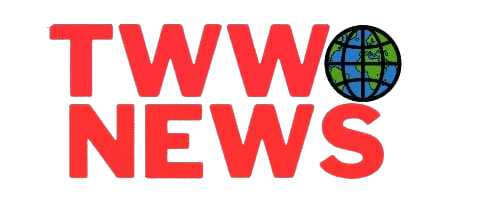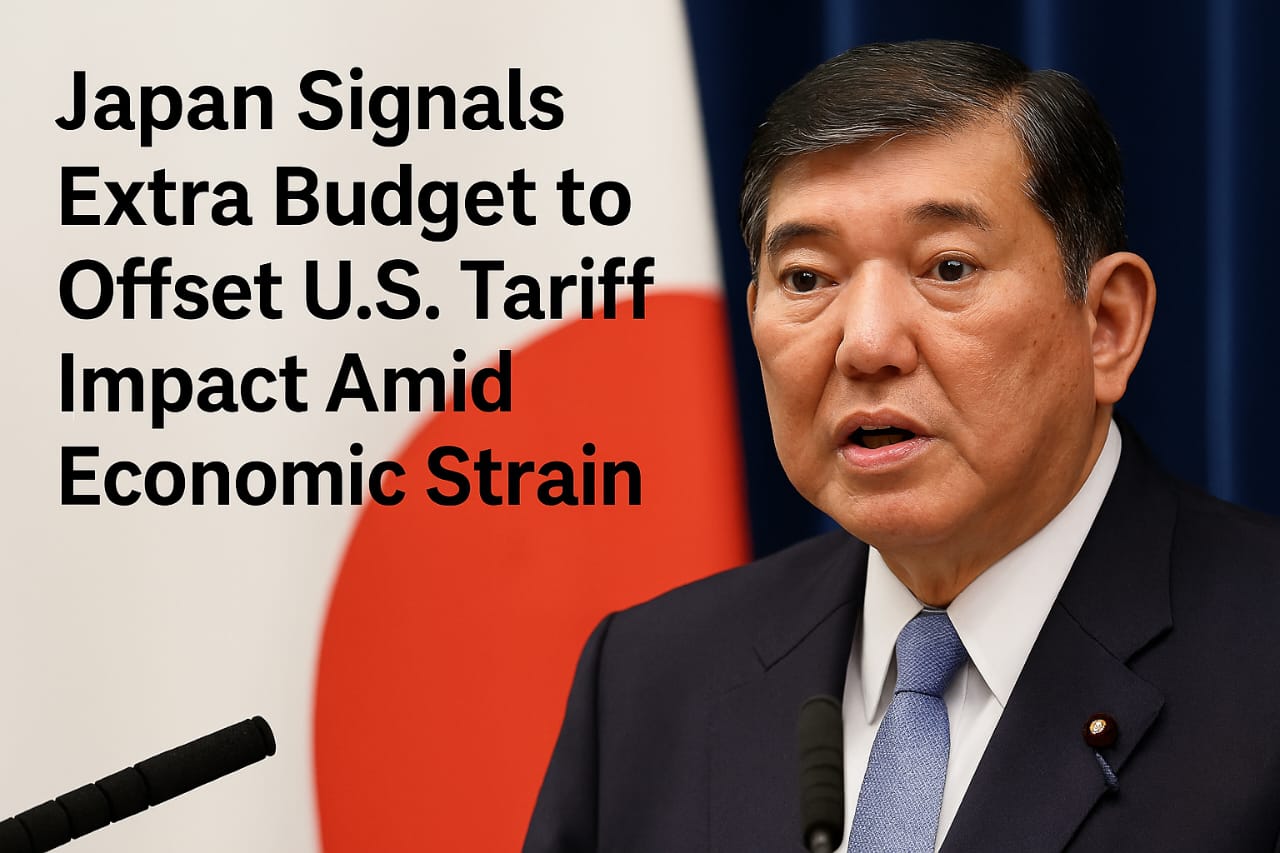Tokyo, August 4, 2025 — Facing growing economic headwinds, Japanese Prime Minister Shigeru Ishiba signaled readiness to deploy an emergency fiscal package to soften the blow from steep U.S. tariffs and rising domestic inflation. The move reflects mounting calls for action after Japan’s ruling coalition lost ground in recent elections.
📉 Tariffs Weigh Heavily on Key Industries
At a press conference in Tokyo, Ishiba emphasized his government’s intent to work with coalition and opposition leaders on a targeted budget plan. His remarks follow widespread pressure to reduce Japan’s consumption tax and increase state support for households and small businesses hurt by global trade friction.
Japan continues to face 25% tariffs on car exports and industrial components—a rate well above the 15% initially discussed during prior trade talks. The levies have battered Japan’s manufacturing sector, dragging on its trade surplus and sparking fears of job losses in key regions.
🧮 Supplementary Budget Could Top ¥10 Trillion
Sources familiar with the discussions suggest a new relief budget could exceed ¥10 trillion (approx. $67.7 billion), adding to an already historic ¥115.5 trillion fiscal blueprint for the year. Notably, nearly 25% of current spending is earmarked for debt payments, raising questions about sustainability.
Japan’s public debt has soared beyond 250% of GDP, the highest among major advanced economies. Economists warn that more borrowing, particularly in a volatile interest rate environment, could erode investor confidence in Japan’s long-term fiscal integrity.
💸 Tax Cuts Versus Welfare Commitments
Despite public pressure, Ishiba expressed caution about lowering the 10% national sales tax, citing its role in supporting Japan’s aging population and welfare programs. Food purchases are currently taxed at a reduced 8% rate, but opposition parties want broader cuts to ease the inflation burden.
The Finance Ministry is also wary of undermining revenue needed to fund pensions and healthcare, hinting that any tax reductions would require offsetting measures—either through spending cuts or alternative taxes.
🌍 Strategic Implications for U.S.-Japan Relations
The dispute over tariffs highlights deepening trade tensions between Tokyo and Washington. While the U.S. seeks greater market access, Japan remains protective of its manufacturing base. Observers say Tokyo’s upcoming fiscal moves could influence negotiations ahead of high-level economic meetings later this year.
Moaz serves as Editor-in-Chief of TWW News, where he leads editorial strategy, content development, and newsroom standards. He specializes in high-impact reporting on artificial intelligence, governance, and institutional transformation.

